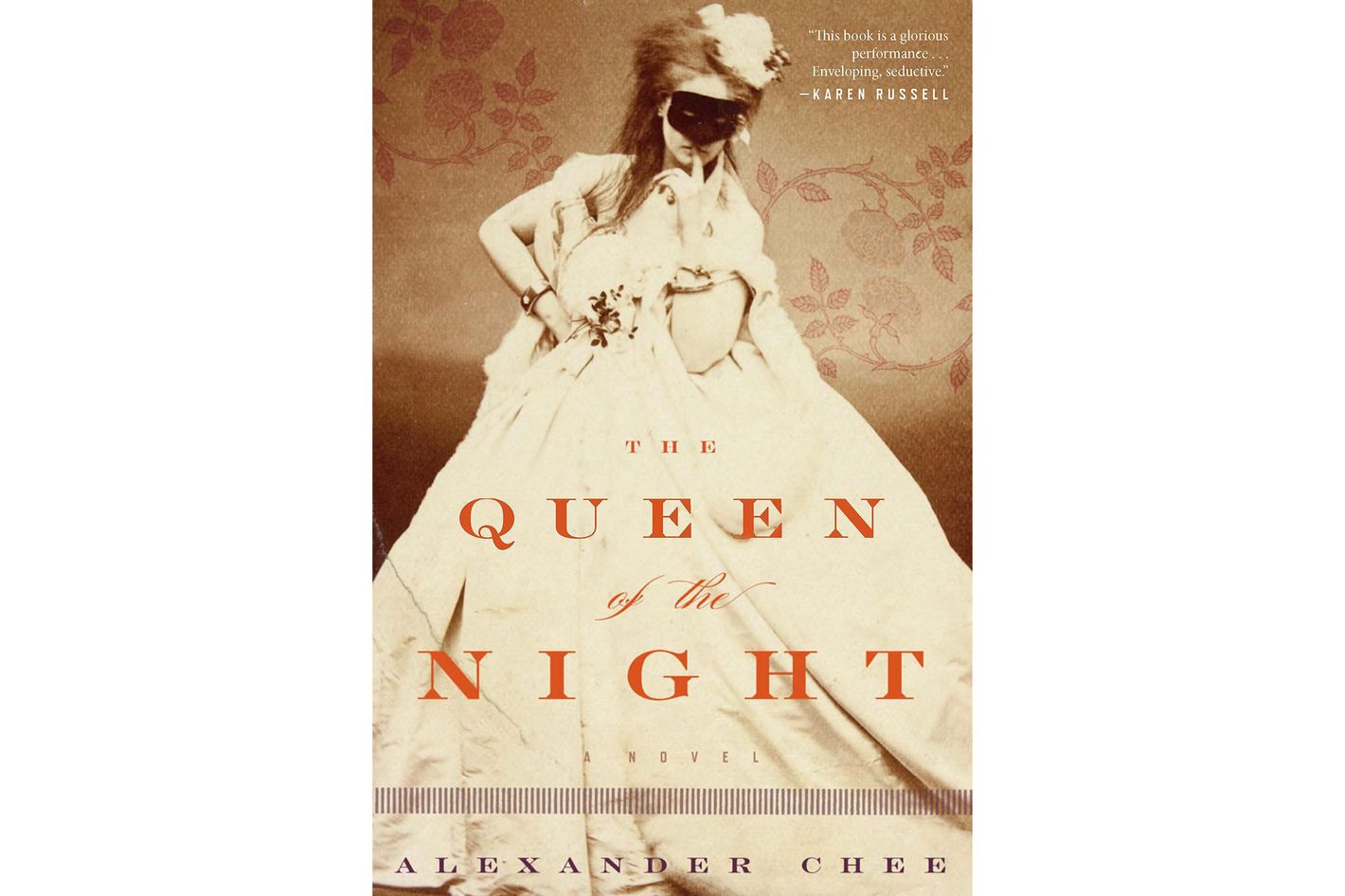

A period where one’s dresses carry enormous import where lives are toyed with as in a gigantic, whimsical game of chess where an Emperor’s mistress can stop and start wars as she pleases. Extraordinary, but never for a second illogical: this is a period of great changes and migrations, where heady, rich life courts scarlet death on every corner.

Set in France’s Second Empire and its aftermath, we feverishly read the story of a girl whose life unfolds in extraordinary circumstances. And so, the novel lives on.Īlexander Chee has produced a triumph, a story as dramatic and exuberant as the operas in which Lilliet sings, a novel that soars. I’ve found myself delving back into French history, learning more about the opera and its famous sopranos. In the midst of these near impossible, tightrope walker constraints, you’ve also got the novelist’s concern with form: how does action unfold, when history holds no surprises? All this, and in the best instances, the roman should possess the reader so utterly that they never want to leave the book. The novel should be accurate but not dull, meticulous but not overburdened, true to its epoch yet accessible. It demands relentless amounts of research, and then asks that this research be somehow brought to life. Genre is important, since the historical novel is truly a difficult beast. Her ‘I’ pulls you in and never lets go she is a triumph, a woman the reader will look for each time they visit Paris-I know I will. Not for a single moment does the voice of Lilliet Berne stray, not once does it seem out of character, context or time.

It is exceptional in its genre, immaculately weaving history and narrative until they are of the same thread. The Queen of the Night b y Alexander Chee - Alexandra d’Abbadie The wildness logo, a stylised W that looks like two upside-down mountain peaks.


 0 kommentar(er)
0 kommentar(er)
